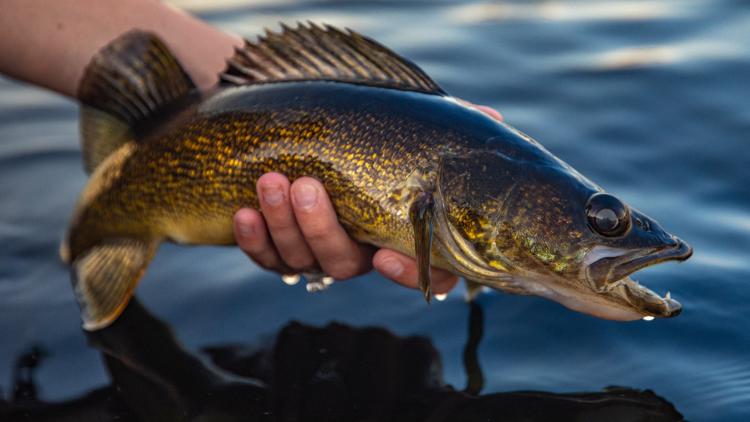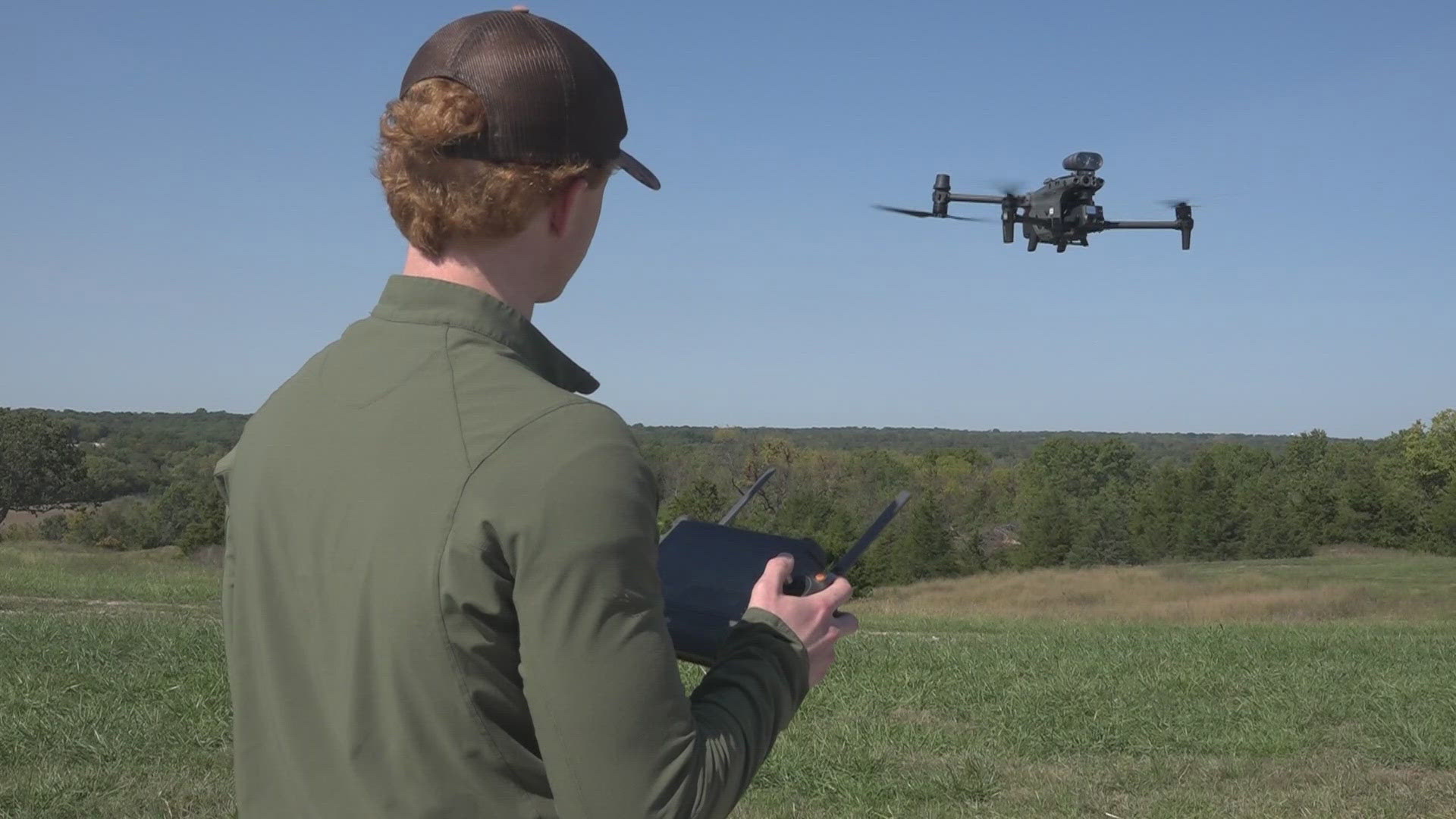MISSOURI, USA — An uncommon disease detected in fish near the Arkansas-Missouri border caused conservationists in both states to warn anglers to check for it before eating any catches.
Arkansas biologists recently received multiple reports from Bull Shoals Lake of "Sandy Flesh" disease, a degenerative muscle condition, that usually affects older Walleye. The disease is characterized by tough, granular, and yellowish-brown flesh inside of the fish that resembles freezer-burned meat.
“Because of the recent case in Bull Shoals, which spans two states and has connectivity to a number of streams and other reservoirs, it makes sense to ask anglers to look for this disease in Missouri, too,” said Missouri Department of Conservation (MDC) Sport Fish Ecologist Robert Weber. “Though we’re still learning more about this uncommon disease, angler reporting of potential cases of Sandy Flesh disease will keep us better informed and help track its prevalence.”
There isn't any evidence that Sandy Flesh can be transmitted to humans, but anglers are advised against consuming any Walleye that appear infected.
MDC said the only confirmed report of the disease was in 2019 at Table Rock Lake. However, because of how close to Missouri the new reports were found, biologists are asking state anglers to be on the lookout.
"Anglers can help biologists gather information about this disease by reporting potential cases to local MDC fisheries biologists," the department said. "Photographs of discolored filets and any other information about the fish are helpful. MDC staff may be interested in collecting samples for testing if fish are reported promptly."
Anglers shouldn't dispose of suspected infected fish in the bodies of water where they were caught or other reservoirs or streams, and should instead bury the carcass or place them in trash bags for garbage collection.



